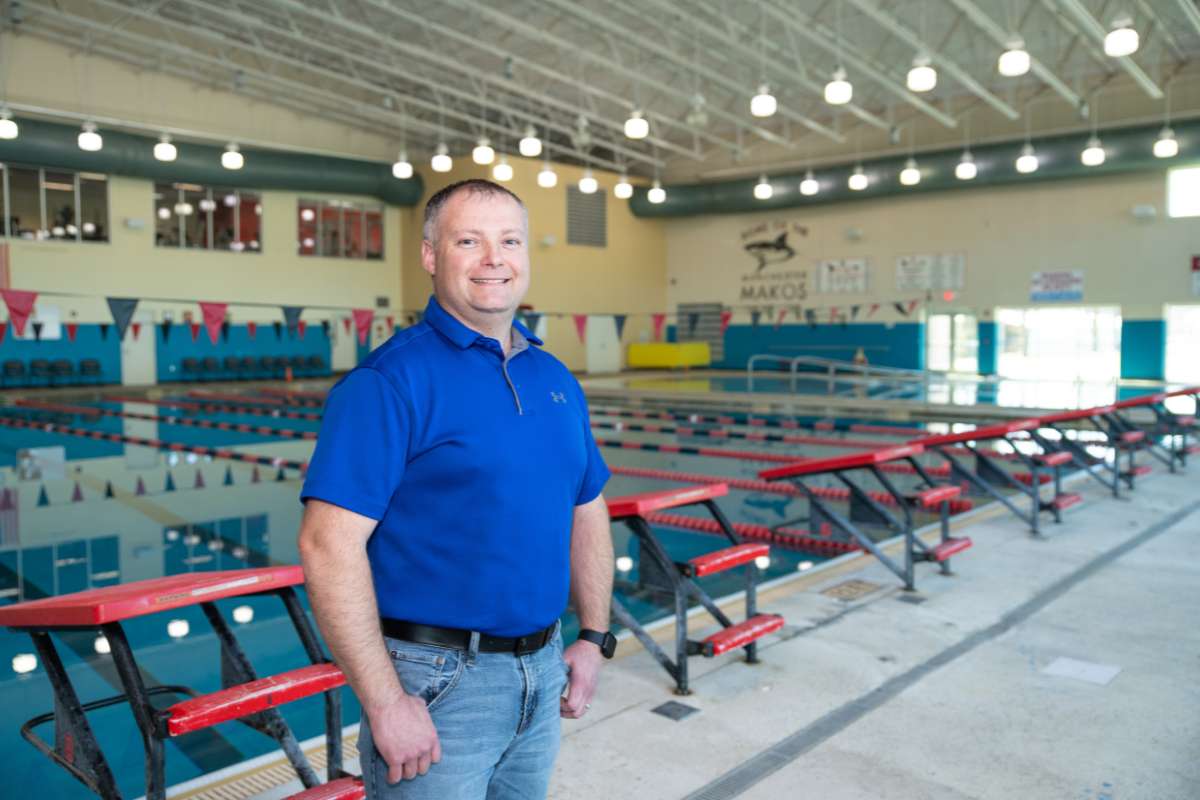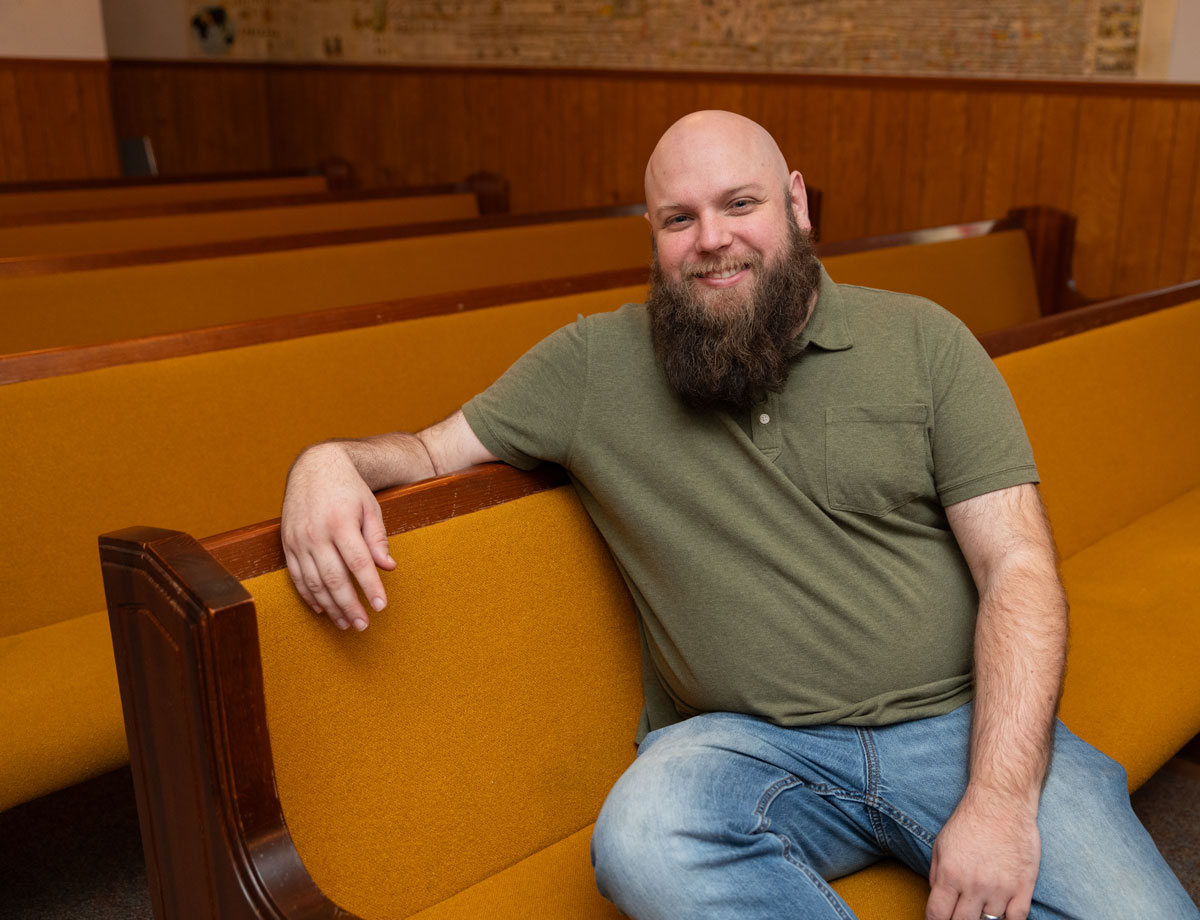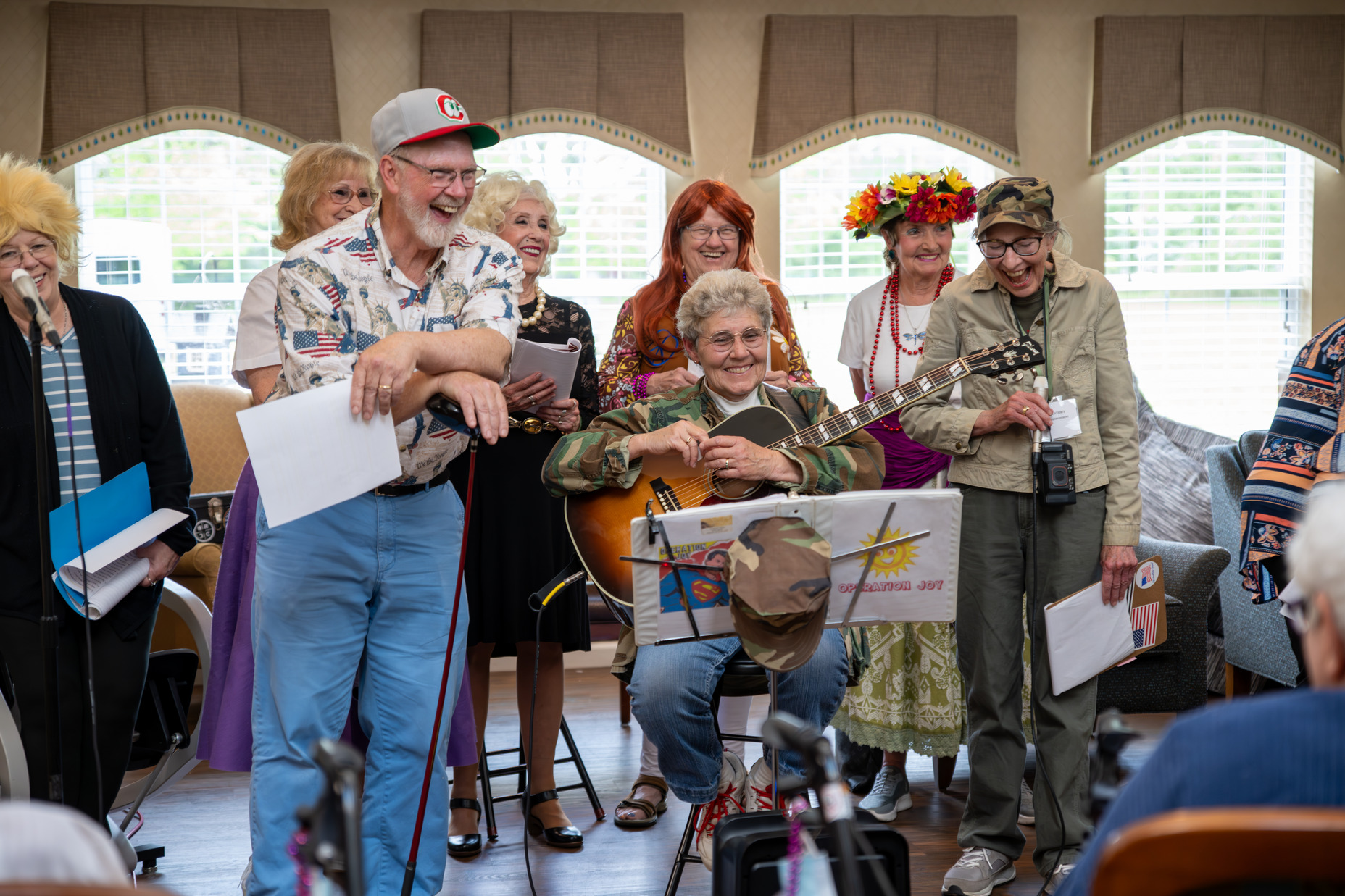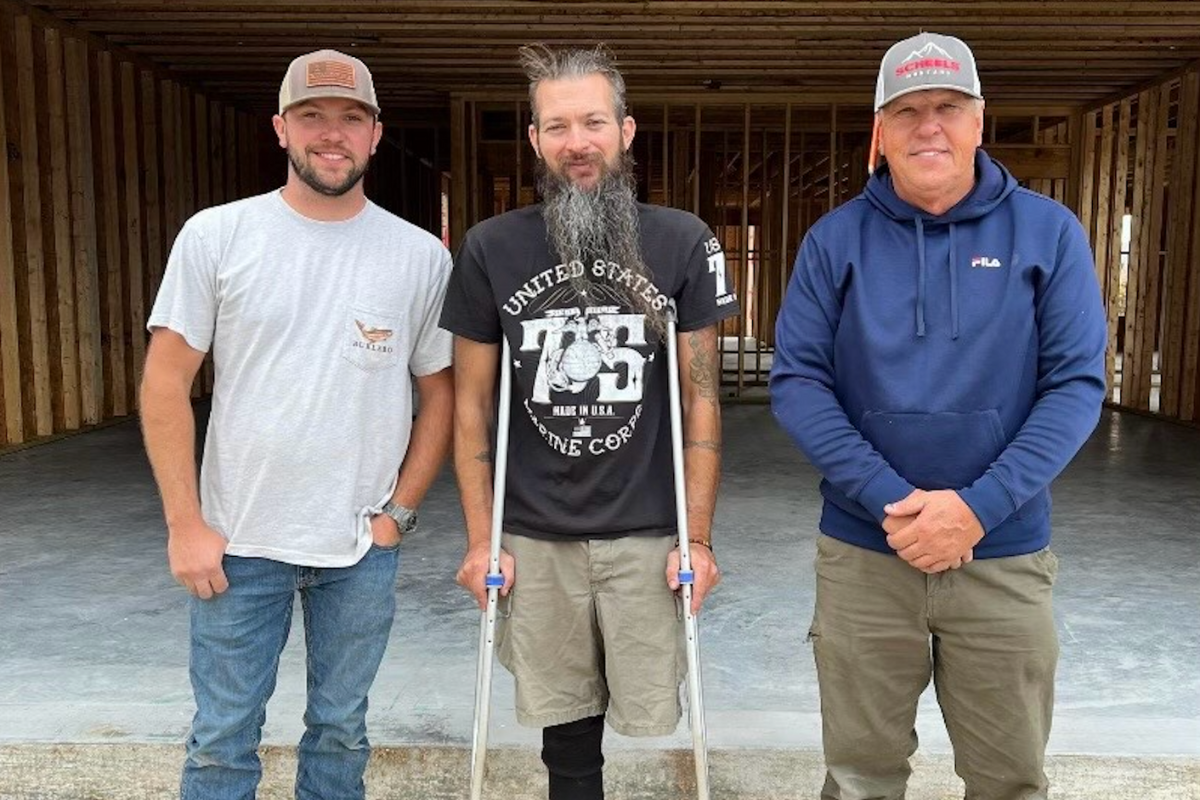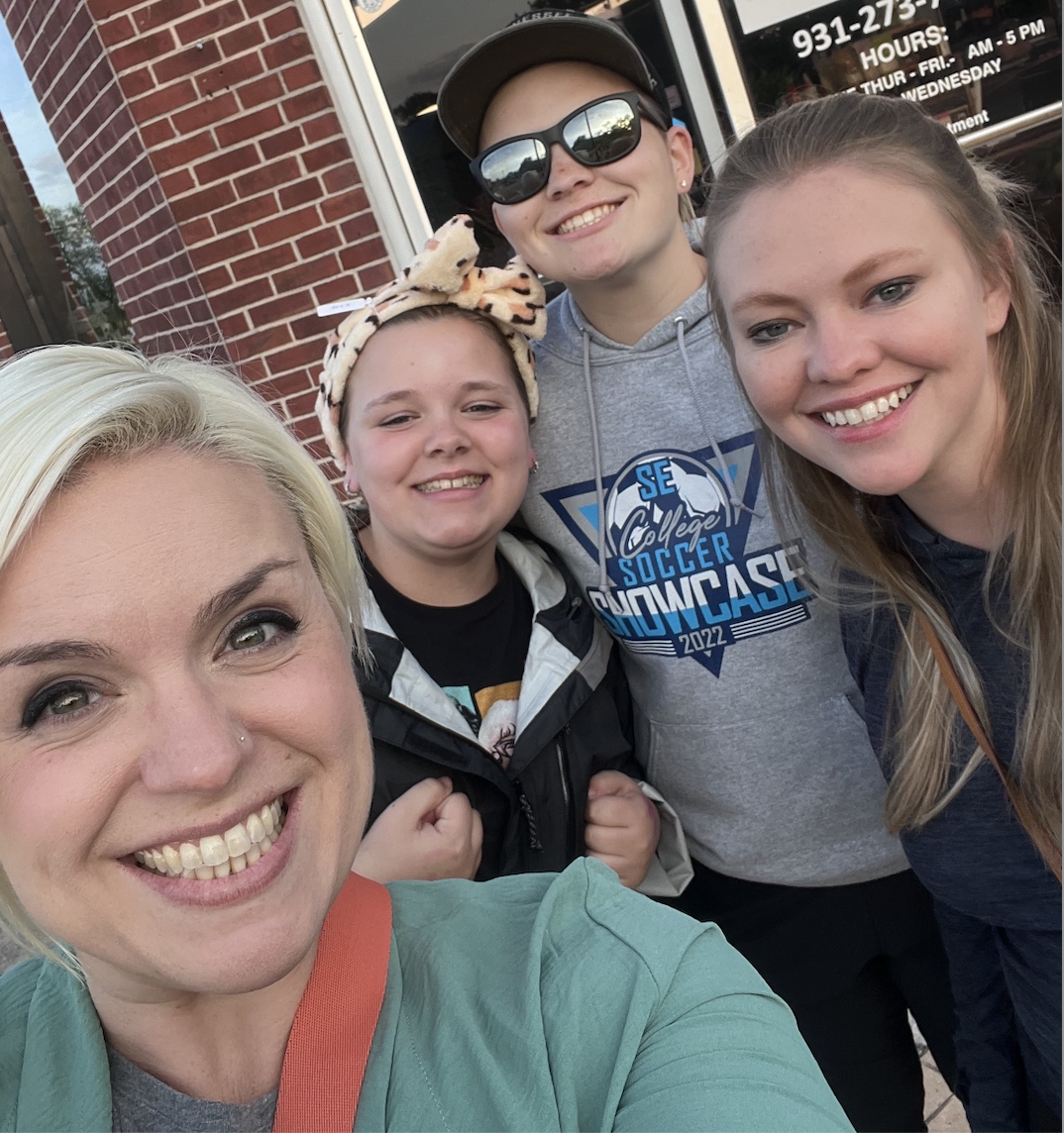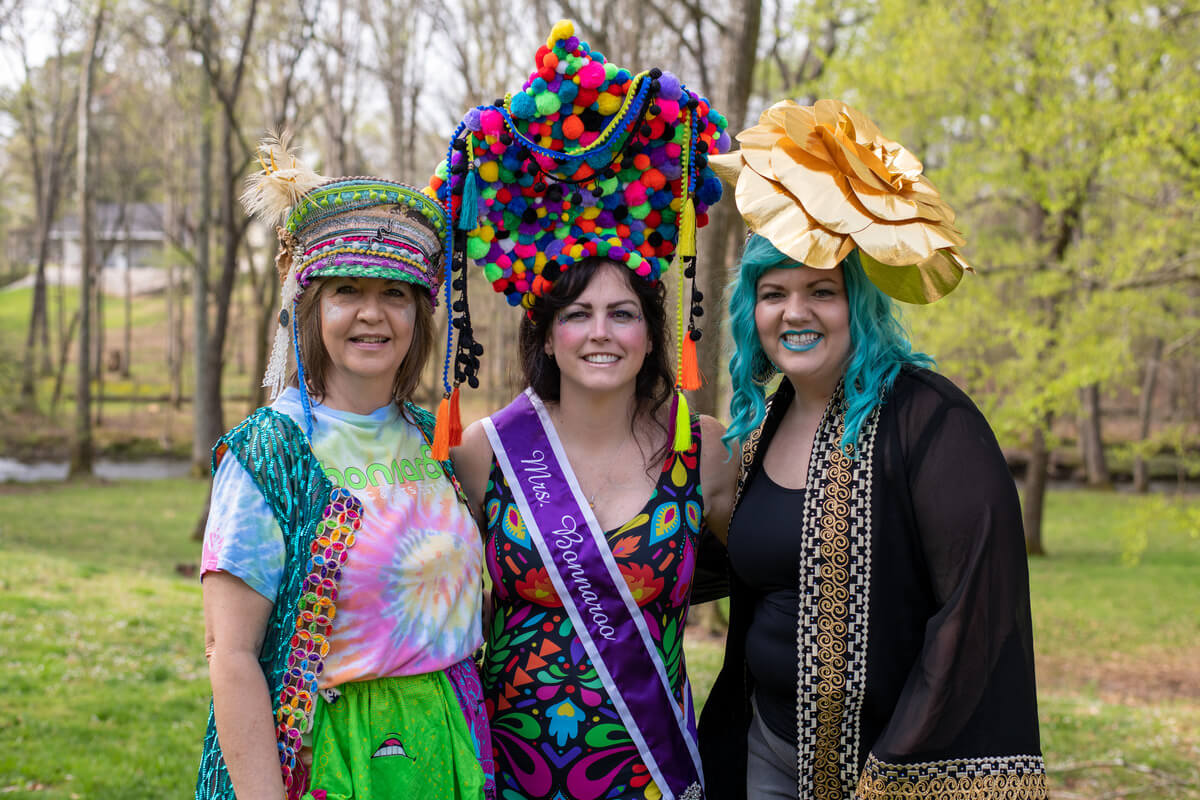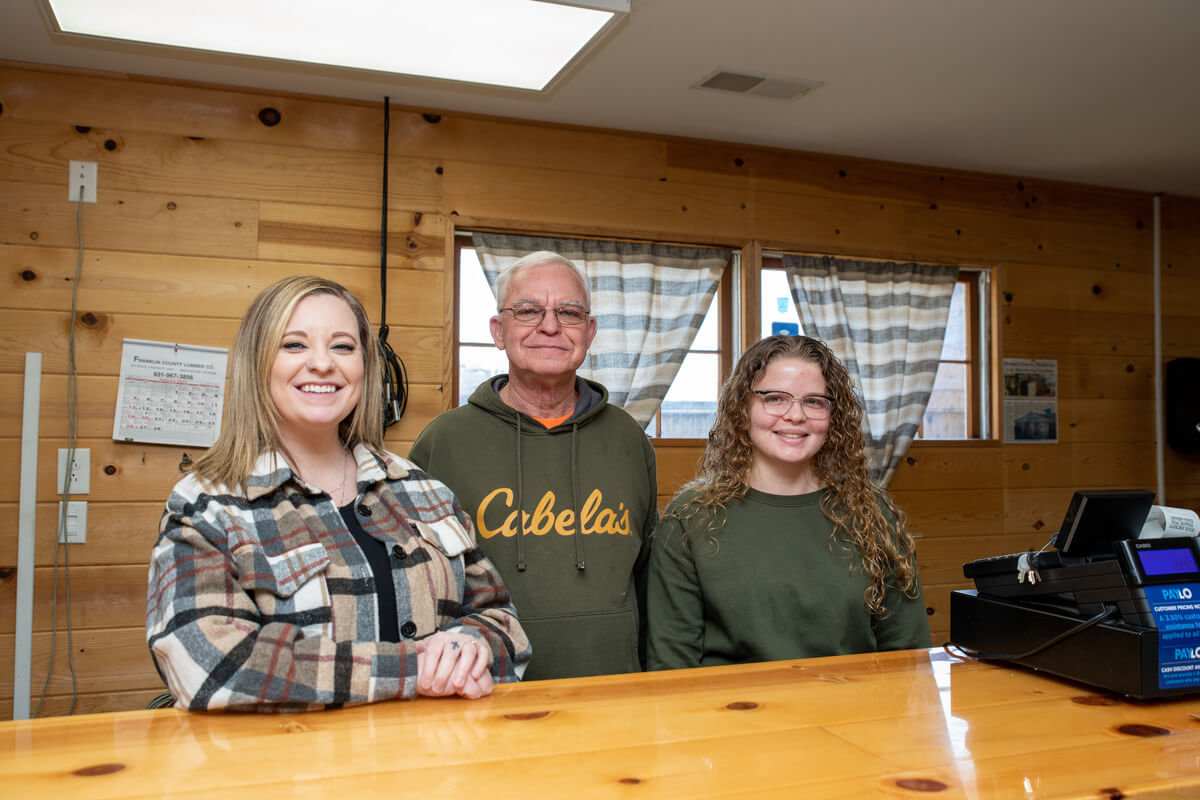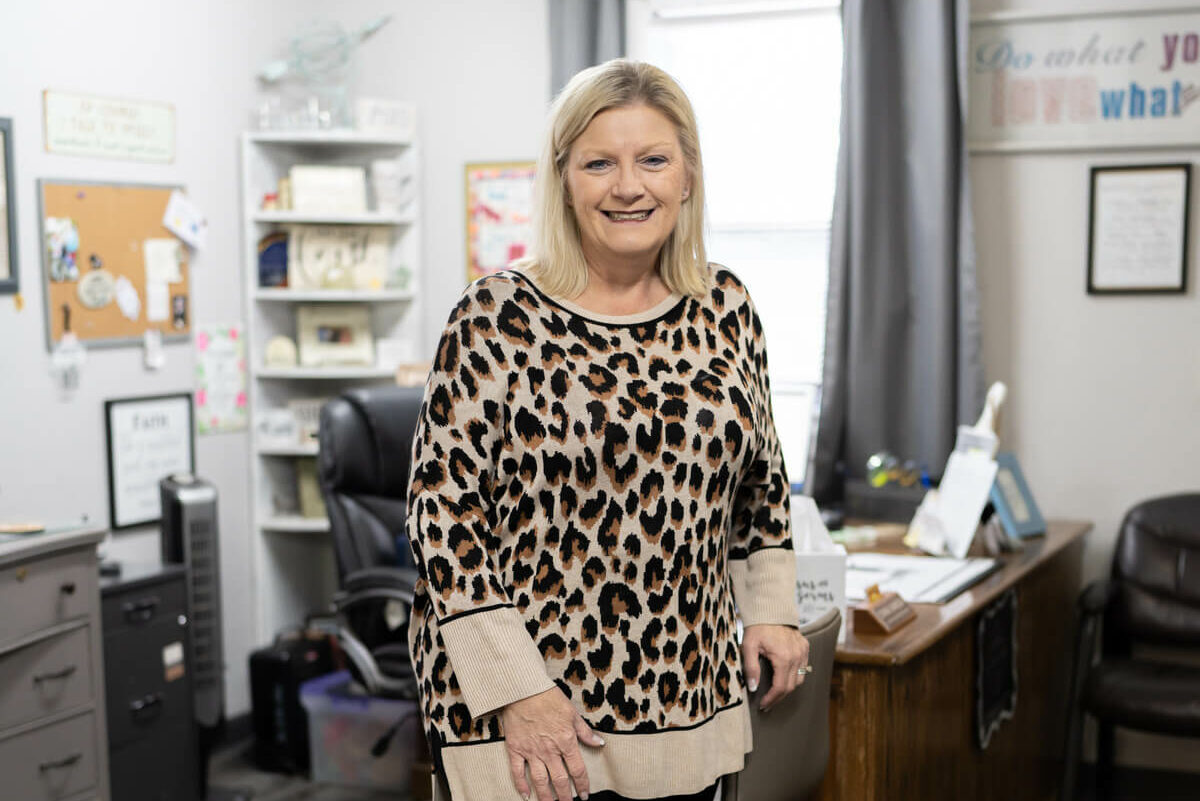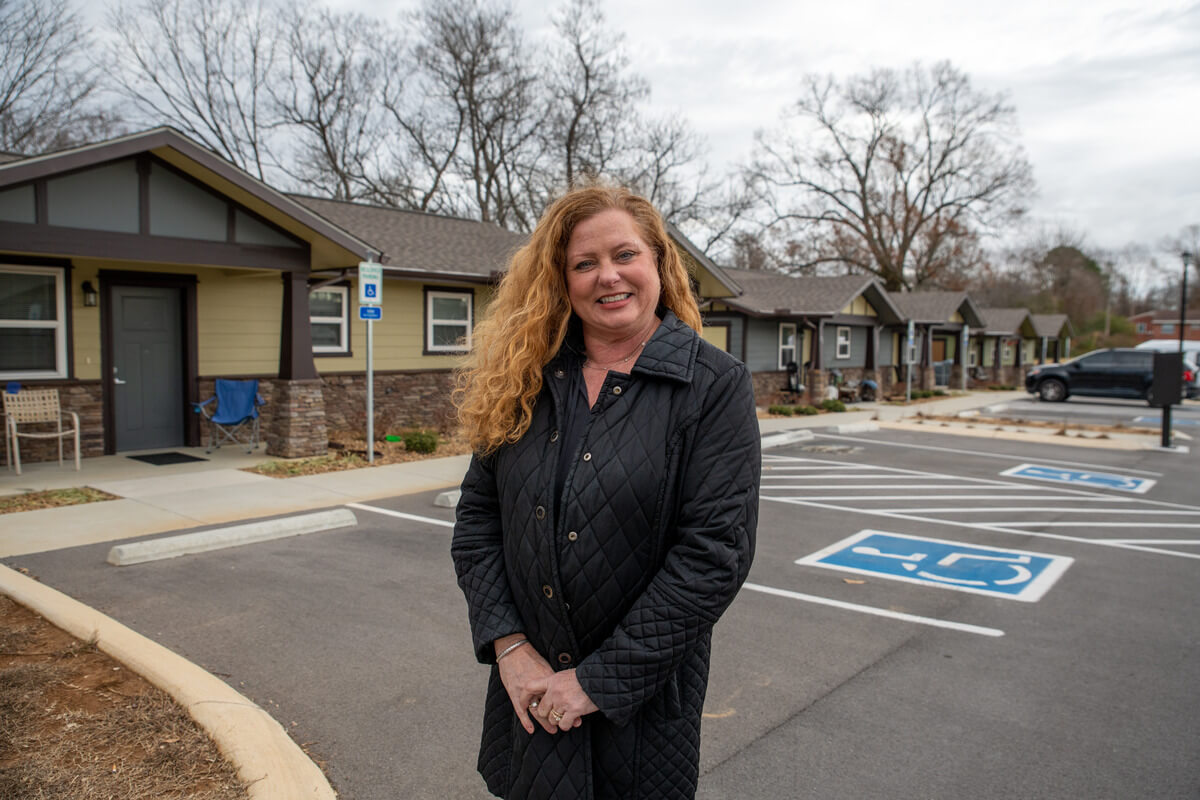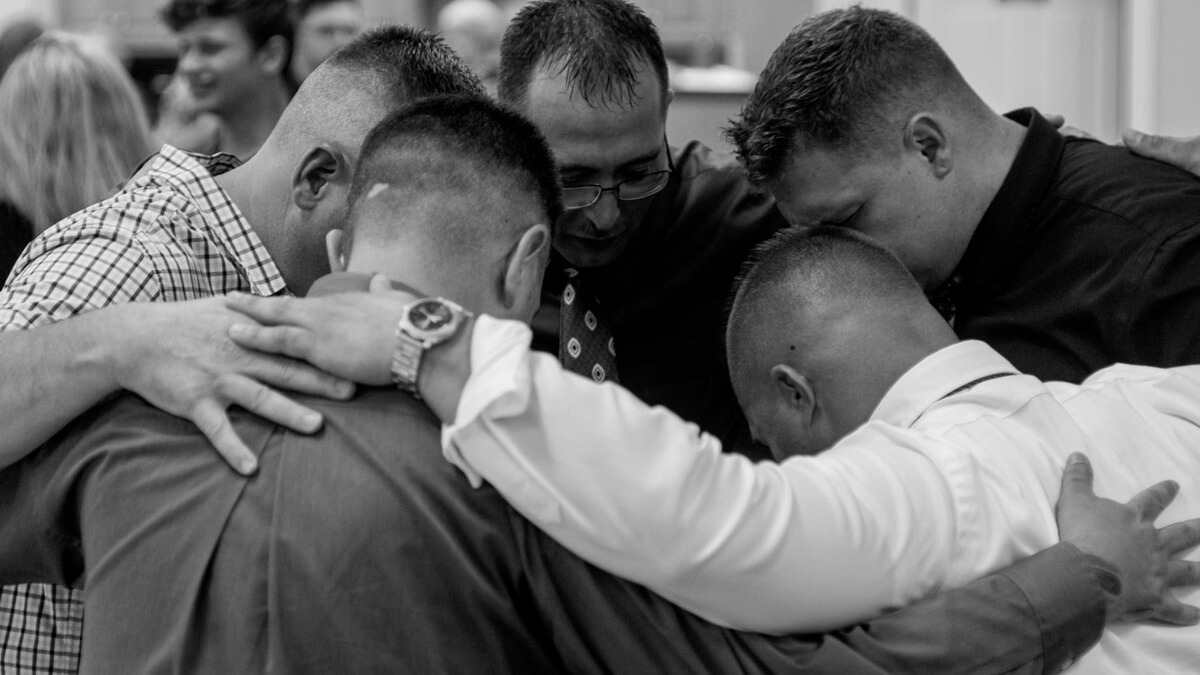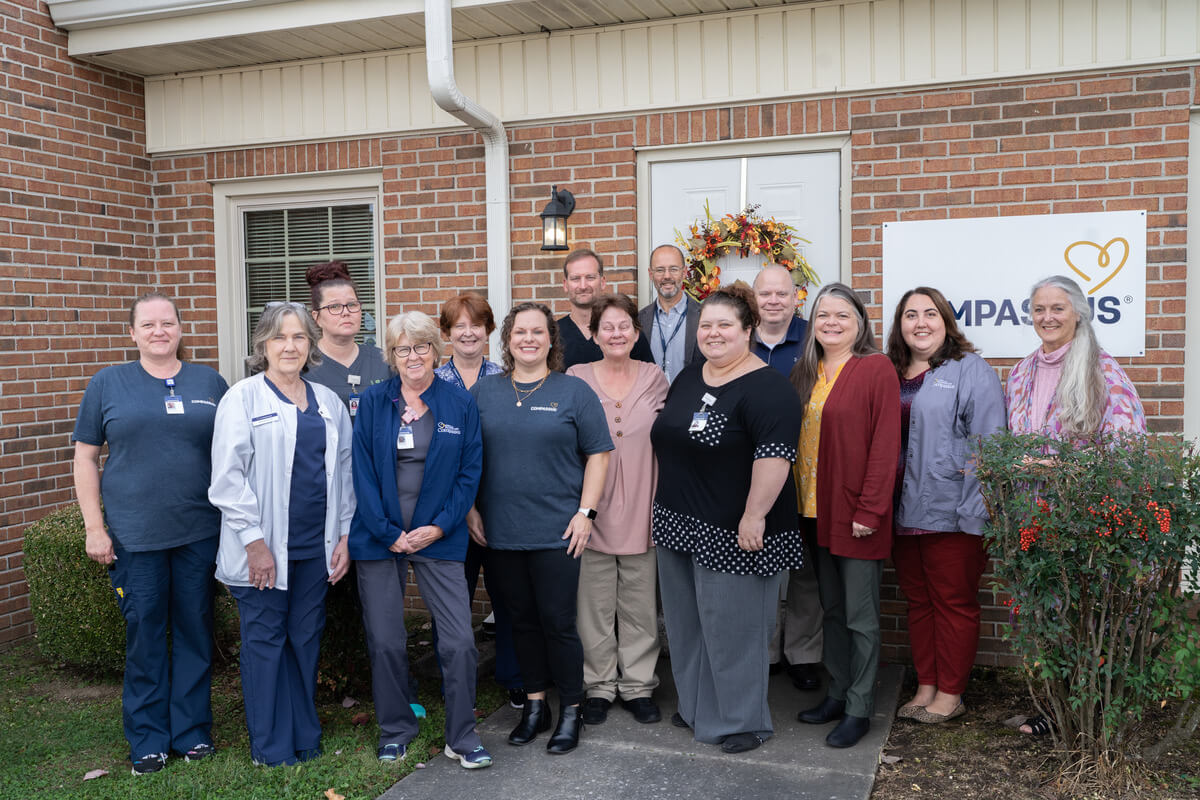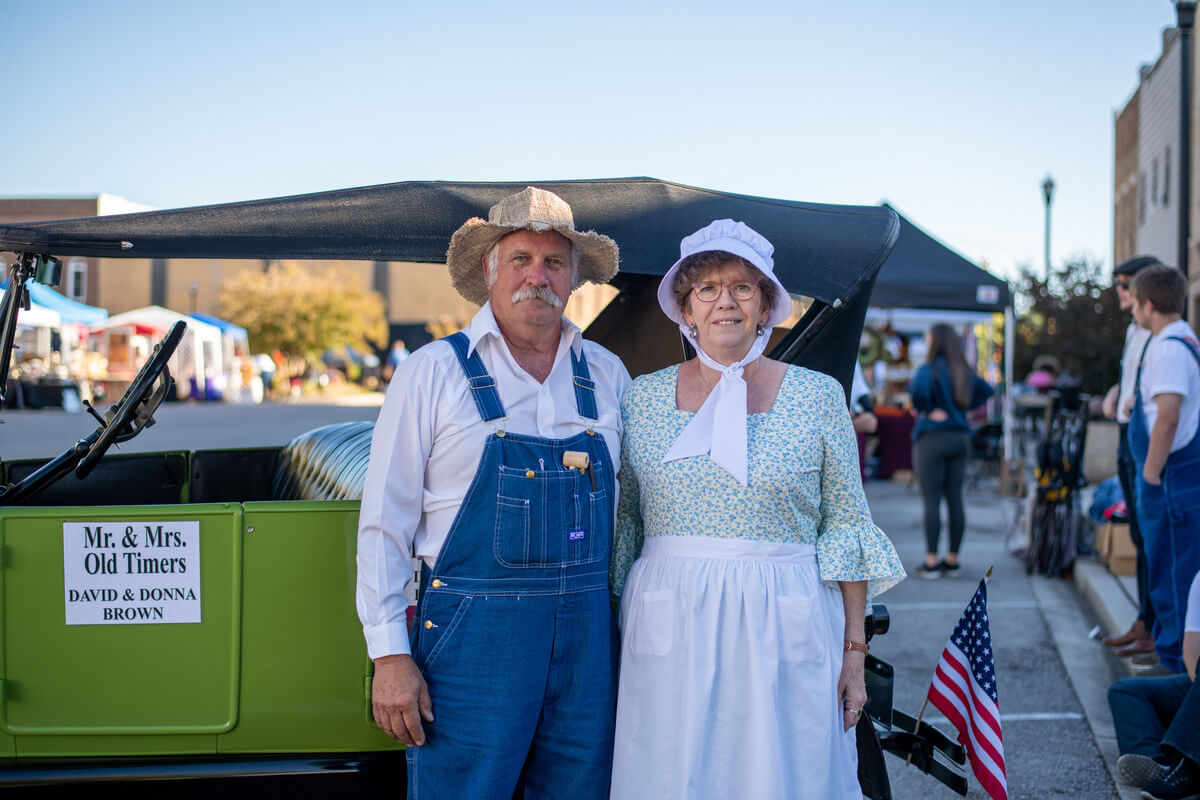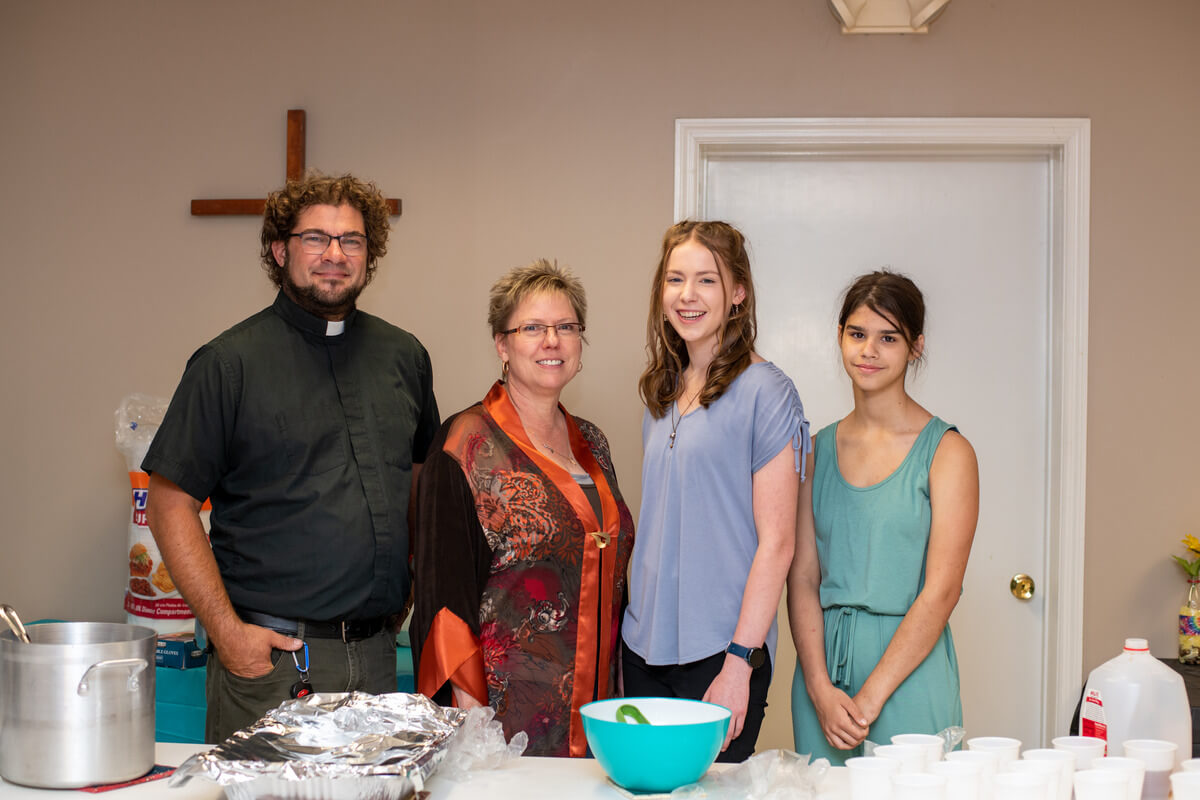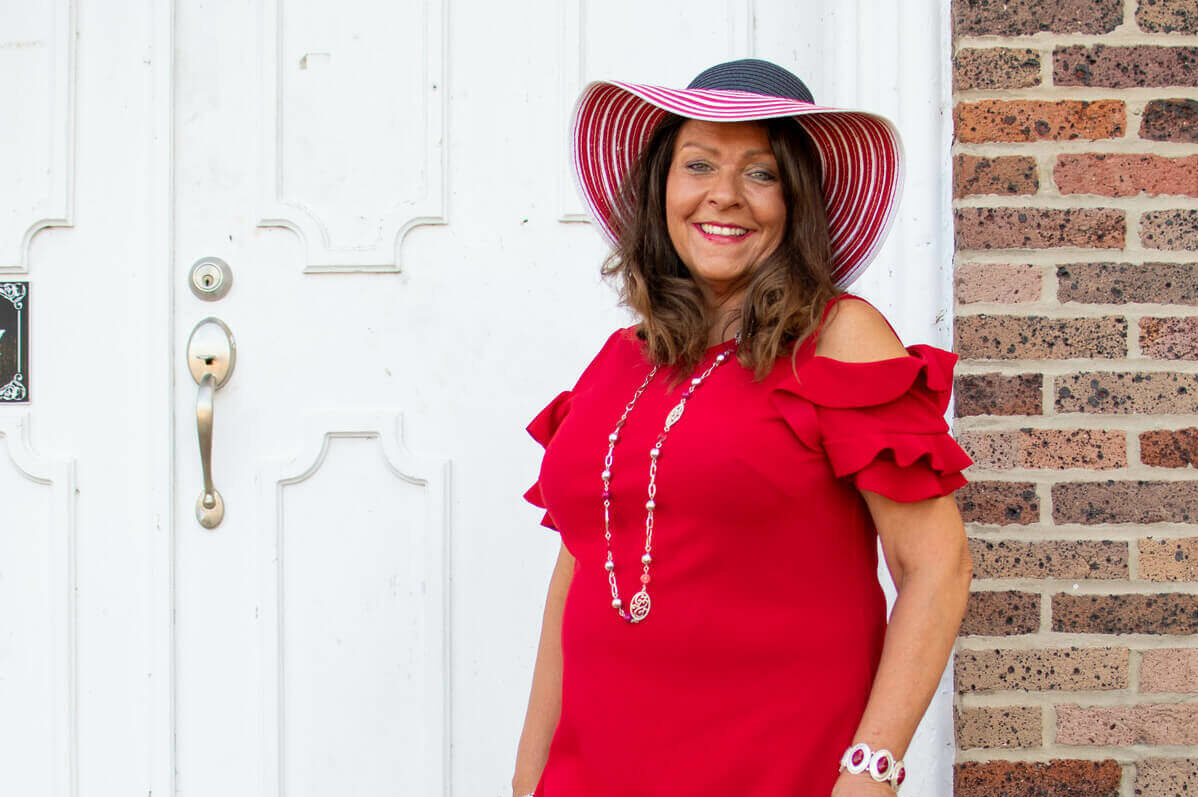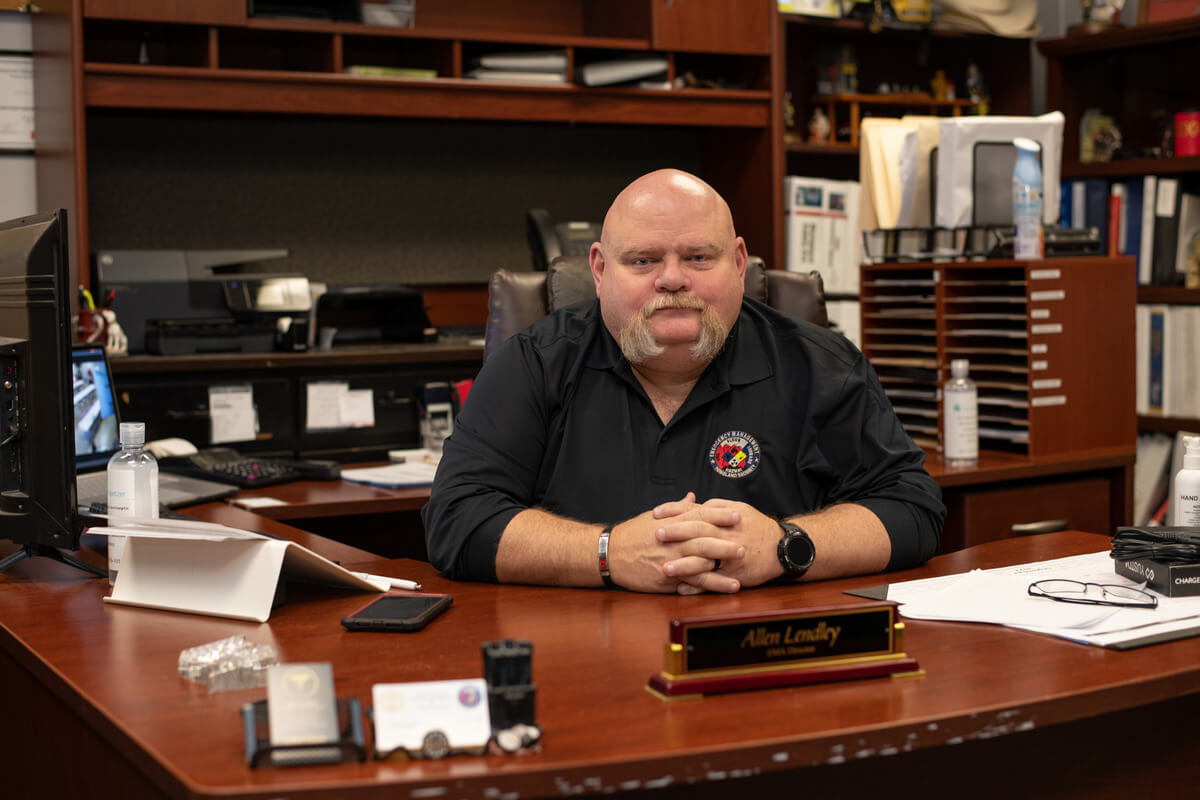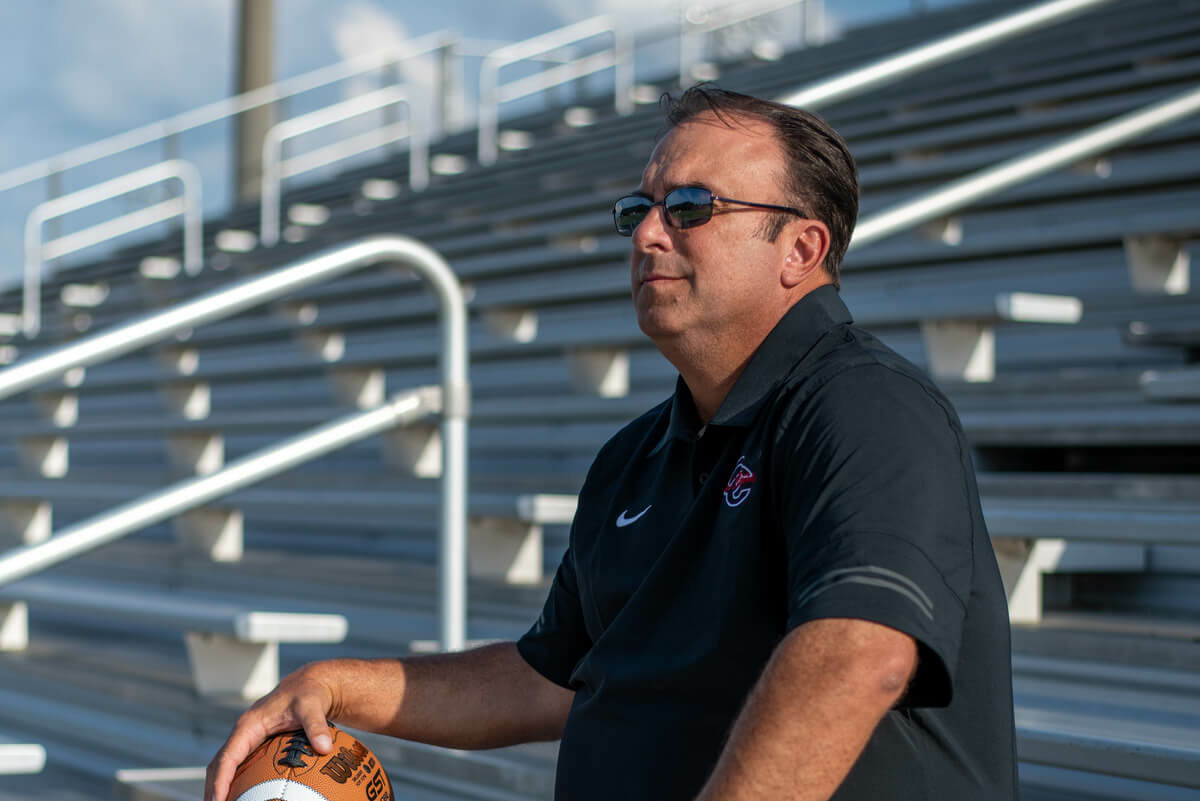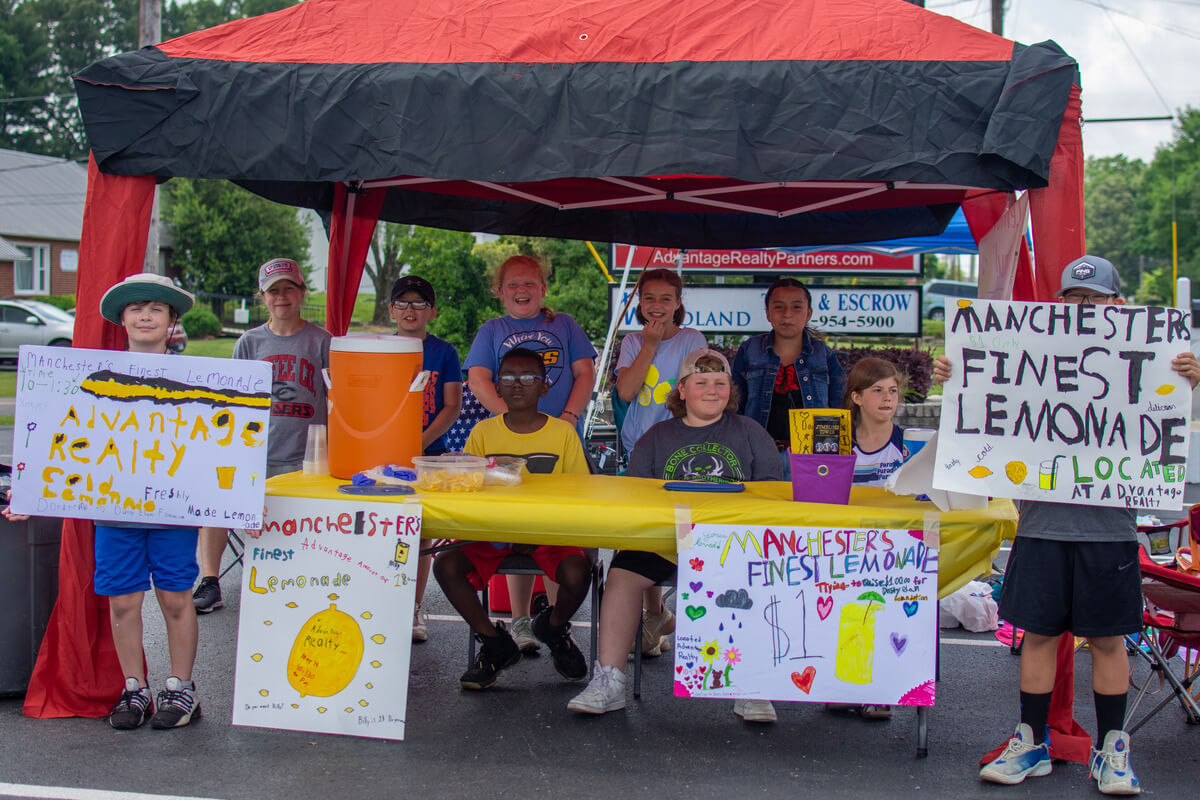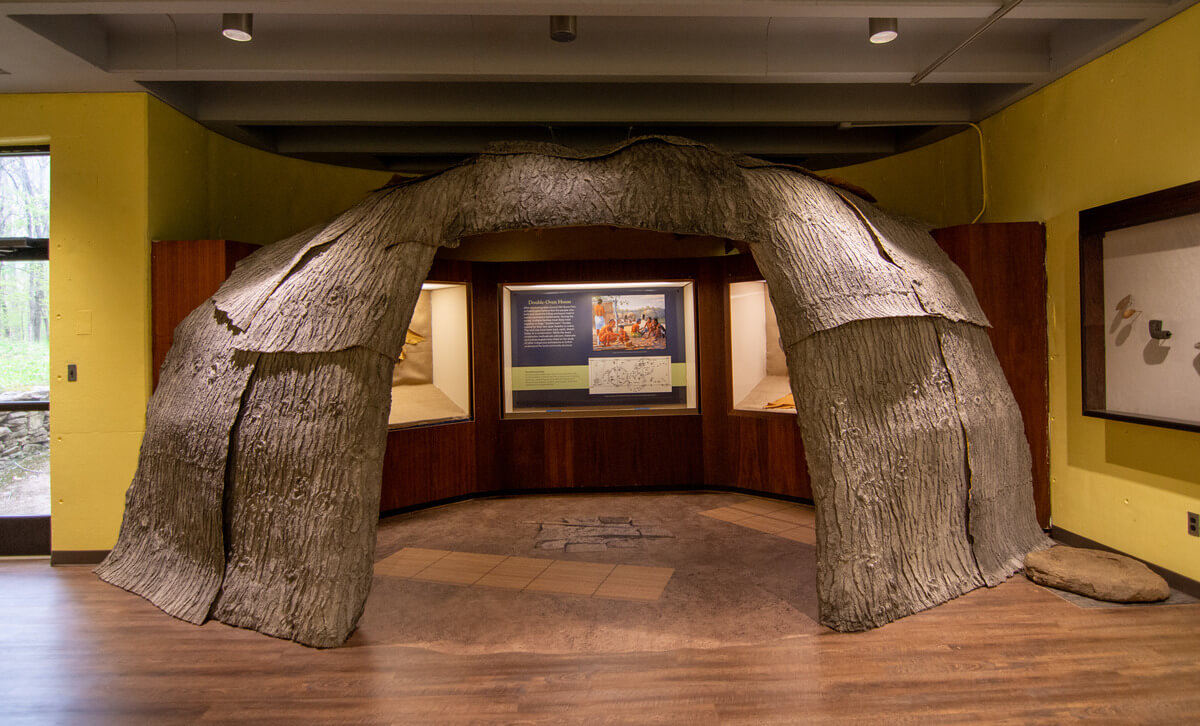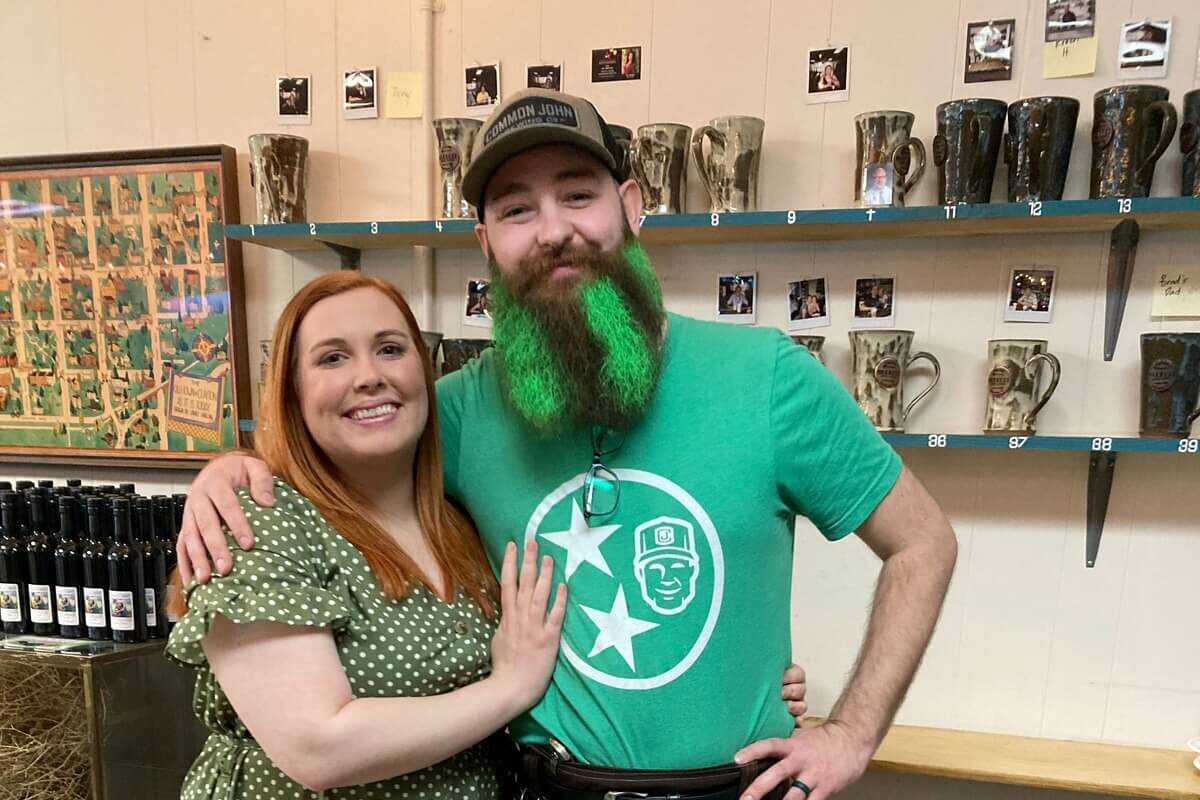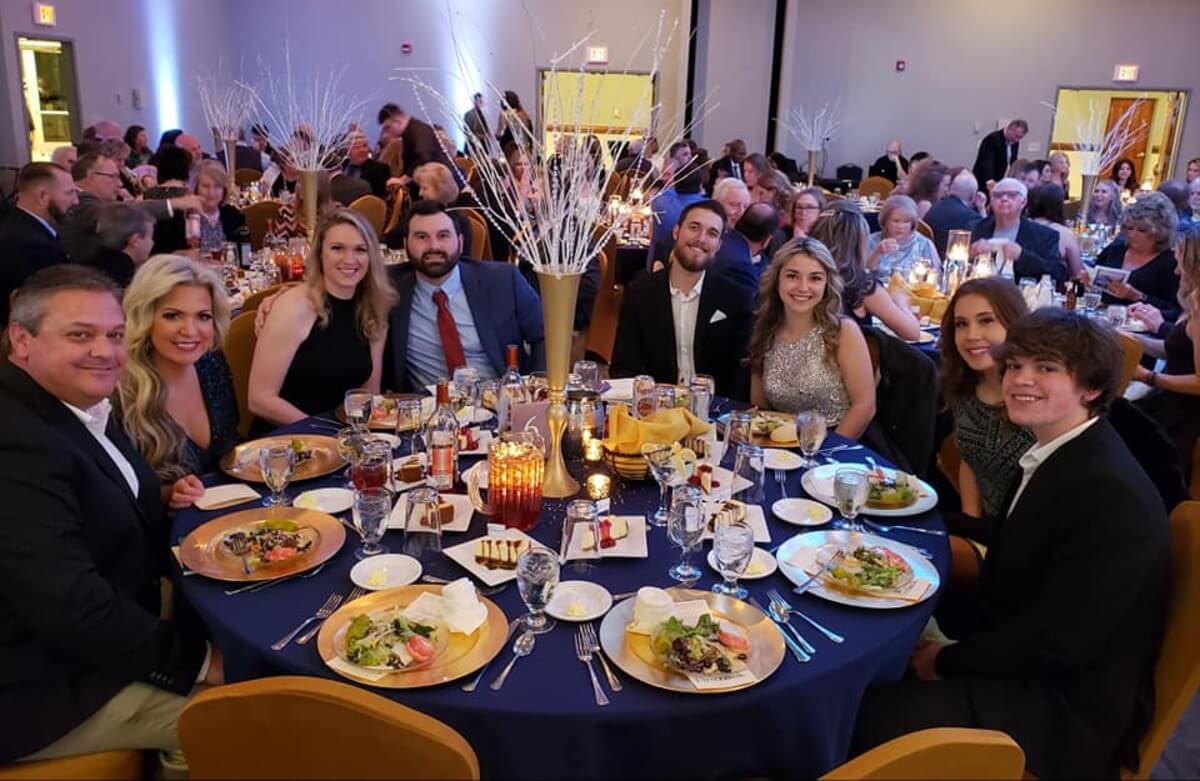This article is dedicated to the precious Mrs. Cora Reed, who went to be with her husband, Herbert, in heaven a week after this interview, on Sept. 2, 2025. She was able to hear her article read to her in the hours before she passed, and it brought her joy. She was a light to all who knew her.
THE LOVELY 93-year-old Cora Reed sat in her cozy room at Autumn Oaks Assisted Living, surrounded by well-placed photos, trinkets, and memorabilia celebrating the years of her life growing up in Manchester — a life shaped by war, community service, family, and the belief that everyone should contribute to the greater good of the community.
Growing up on her family’s farm in the Blanton Chapel area of Manchester, Reed and her younger sister, Jean Pierce, saw firsthand how their parents, Roy and Ludie Toliver, opened their home and hearts to those in need during World War II. When the girls were just children, two different American regiments (known locally as the “Reds” and the “Blues”) camped in the woods surrounding their property, with the Blues stationed “right across the road,” according to Reed.
“We had families from North Carolina, Virginia, and all different states,” Reed said.

The wives and children of the soldiers came to stay at Reed’s family home while the husbands were stationed at the camps. The farmhouse bustled with activity as families found refuge under her parents’ roof. Reed’s family provided bedrooms, meals, and care for all in need. Reed said one of the funniest stories she recalled stemmed from a preconceived idea about country life in those times.
“We had one lady staying with three little children, and she’d already told the children, ‘Now this is going to be way out in the country, and we won’t have an indoor bathroom,’” Reed said, chuckling. “Well, honey, we were the first family in the community to ever have a bathroom in our house! Whenever their mama was showing them that room, we heard the little girls say, ‘Mama! Thank goodness! They have a bathroom!’”
The presence of the military camps meant certain restrictions for the families, however. During training, when the two regiments would practice battling each other, families were required to keep everything dark in the house.
“We couldn’t have any lights on in our rooms or anything like that,” Reed remembered.
Reed said the days were busy for everyone on the farm, even the house guests. Her dad’s philosophy was: “You put your feet under my table, you have to work.” The children helped Reed feed and care for the animals, and the women helped Reed’s mother with anything she needed. Reed’s mother, along with her sister, kindly fed the soldiers stationed nearby whenever possible.
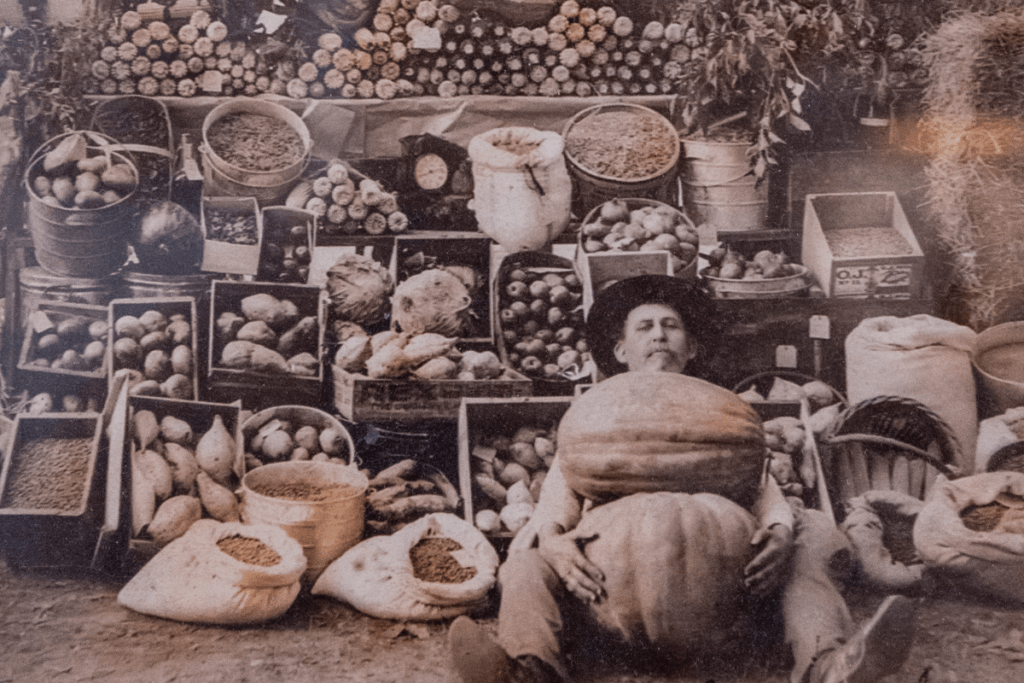
“They made fried pies and sent them over, and didn’t charge them anything,” Reed said. “They loved drinking from our hand-dug well, too. They said it was the best water they ever had.”
Reed’s father raised 2,700 chickens at one time on their farm. Reed said the chickens were so loud that you could hear them in the post office in town. The family had a two-story barn to house the chickens, complete with running water on both levels, which was rare then.
Reed’s father also helped the people of Manchester by taking over the Coffee County Farm for 14 years. This facility served as both a working farm and a care facility for anyone in the county who needed a place to stay or receive care for free.
“Anybody that needed a place to stay, live, or be taken care of could come to the Farm,” Reed explained.
The Coffee County Farm took in anyone who needed help, including young, unmarried mothers.
“They had some girls brought up there that were pregnant with no help,” she recalled. “Daddy took some of those girls in.”
After graduating from Coffee County High School, Reed attended beauty school in Tullahoma and worked as a hairdresser for 12 years. A mutual friend introduced her to her future husband, Herbert Reed, through the beauty shop. Herbert, nine years her senior, had served in World War II himself, traveling to England on the Queen Mary to work in hospitals caring for wounded soldiers.

When they began dating, Herbert worked for a man named Al Schimmer in Williamson County, operating tractors and combines, often until 9 p.m. Cora’s father then made him an offer: move to the family farm, help with the dairy cows, and in return, her father would build an addition to his farmhouse for them and offer higher wages.
“I thought, ‘Well, if he does that, then one of us would be there if something happened to Mama or Daddy,’” Cora said.
Though the Reeds never had children of their own, they enjoyed being aunt and uncle to Herbert’s siblings’ children. They maintained close family connections while having the freedom to travel. Cora made two trips to Israel with a church group — once in February 1979 and again in October 1987 — experiences she described as being spiritually transformative. Her faith in God was strong, and she played the organ for her church over the years.
The farm where she grew up has since been sold, and both Herbert Reed and Jean Pierce’s husband have been gone for several years now. Cora’s sister, Jean, now 88, is still living. Jean asked her sister how she could possibly remember so much of their life’s history in such great detail, and Cora just smiled, saying, “It’s because I don’t get involved with all those screens.” Her sharp mind was its own computer, with many decades-worth of stories of local and family history, but she said we would need a whole series of articles to retell them all. GN
































